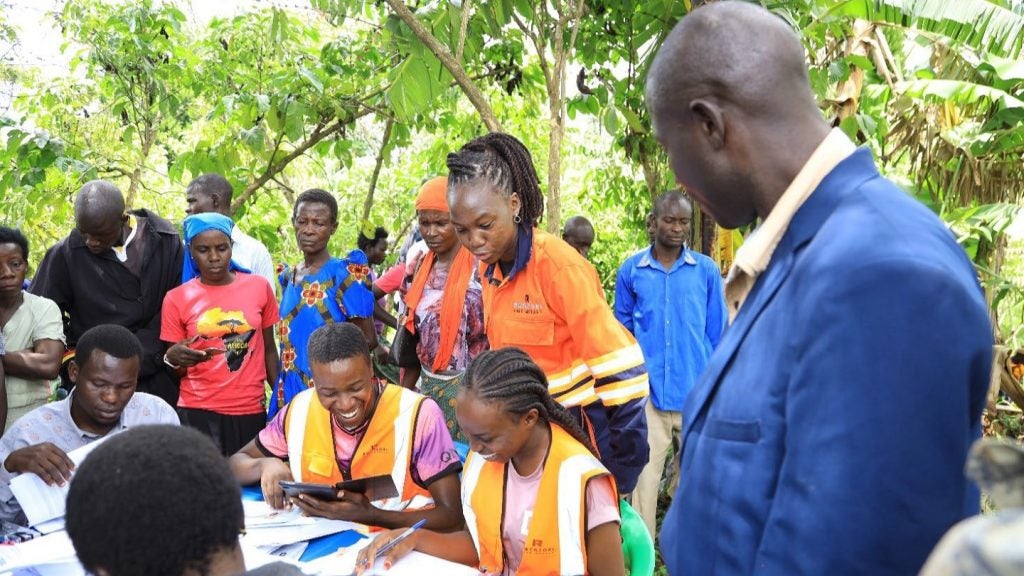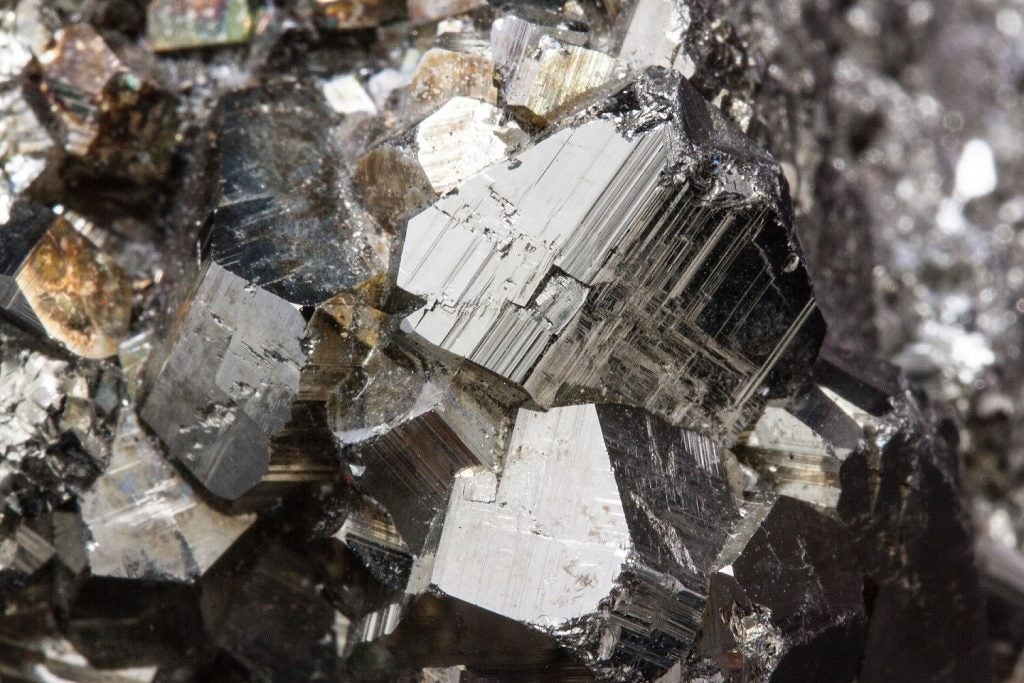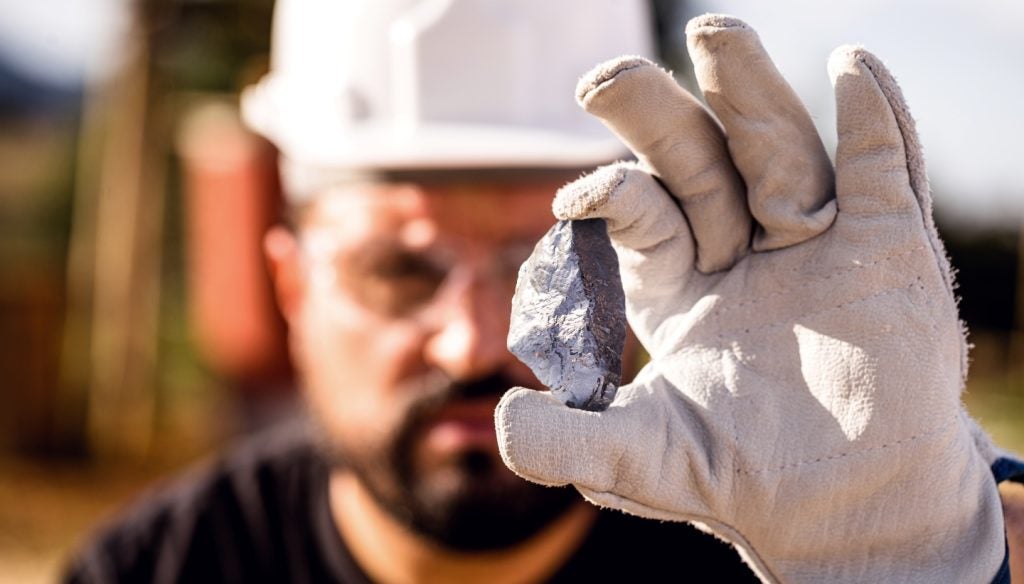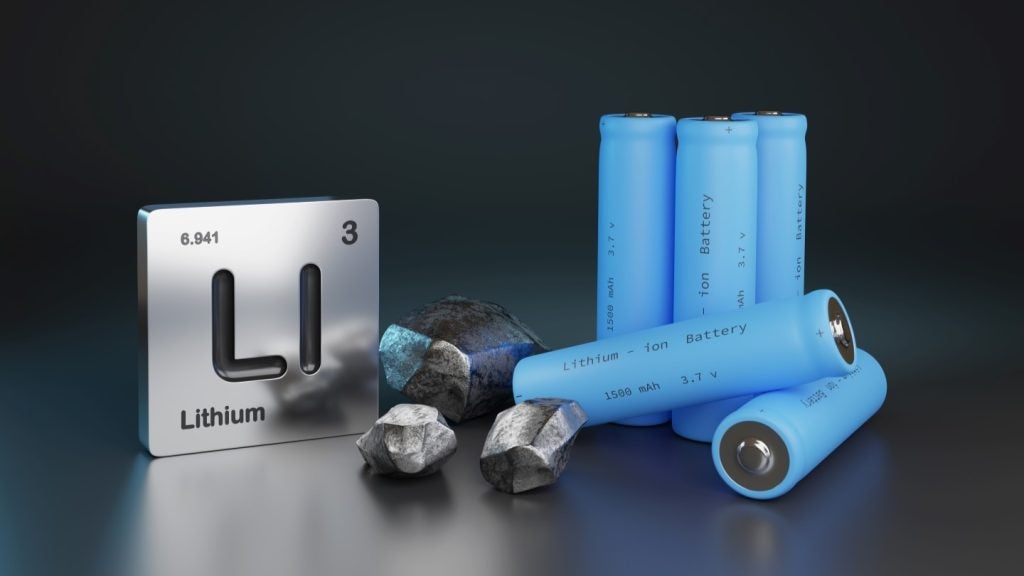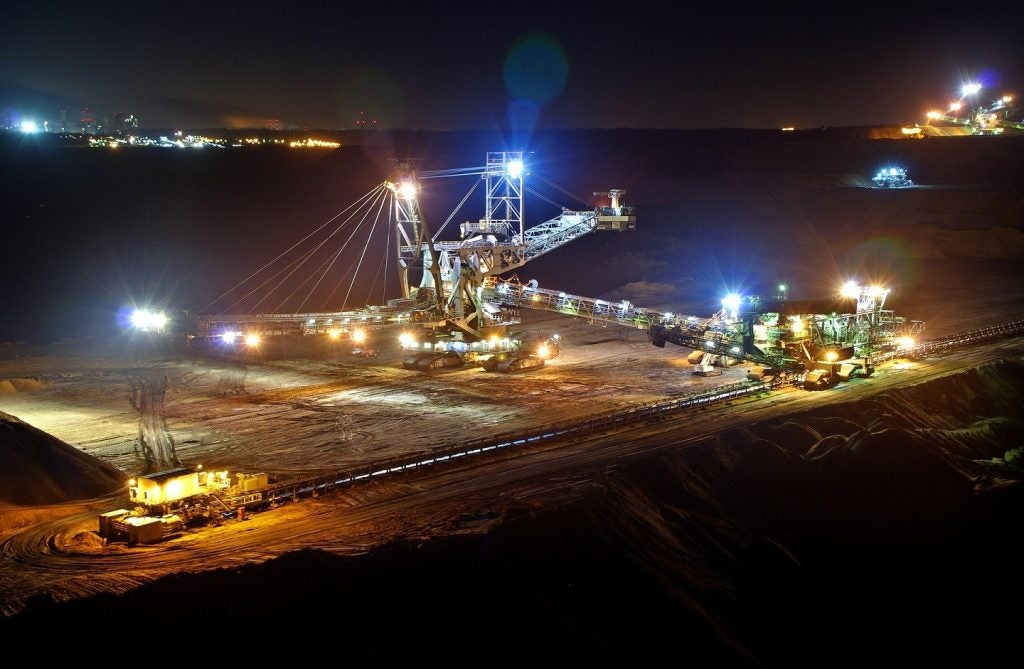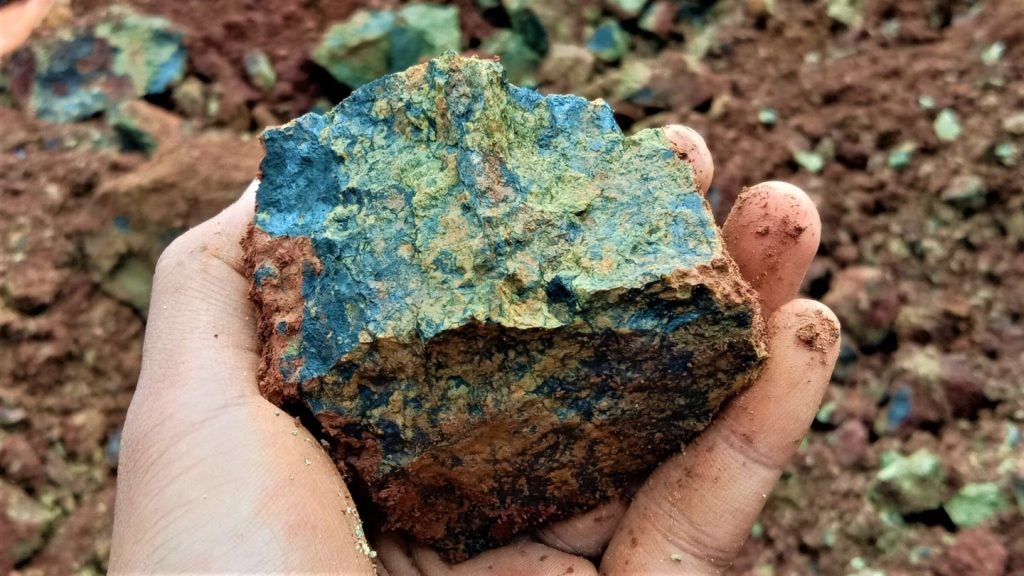ASX-listed mineral exploration company Ionic Rare Earths has secured 92% of land access agreements for the mining licence application (MLA) for stage one development of its Makuutu rare earths project in Uganda.
The application pertains to the stage one development of the project over retention licence (RL) 1693, application TN03834, through its Ugandan subsidiary Rwenzori Rare Metals (RRM).
RRM holds a 100% stake in the Makuutu project that covers 298km² and comprises six licences. It is located 40km from Jinja and 120km from the capital city of Kampala.
An important characteristic of the project is its geology. which is similar to the southern China ionic clay-type deposits, a source of heavy rare earth oxides (HREO).
These can be extracted using rudimentary mining and processing methods.
It is claimed that the project’s current mineral resource estimate is 532 million tonnes at 640ppm total rare earth oxides (TREO), with a cut-off grade of 200ppm total rare earth oxides minus cerium (TREO-CeO₂).
The Ugandan Government approved RRM’s proposed process to secure land access agreements in September 2023.
The government is said to be fully supportive of the project which is set to become the country’s flagship mine.
Ionic stated that the land access agreements have been secured for the MLA, including Bugweri District (94% completed), Bugiri District (84% completed) and Mayuge District (90% completed).
In October 2023, the company obtained a large-scale mining licence from the Ugandan Directorate of Geological Survey and Mines (DGSM) for the project.
Last month, the company also said that the technical facility and demonstration plant at the project are progressing steadily.
It is expected to be finalised in November and targeted to begin the heap desorption column test by the end of this year.


